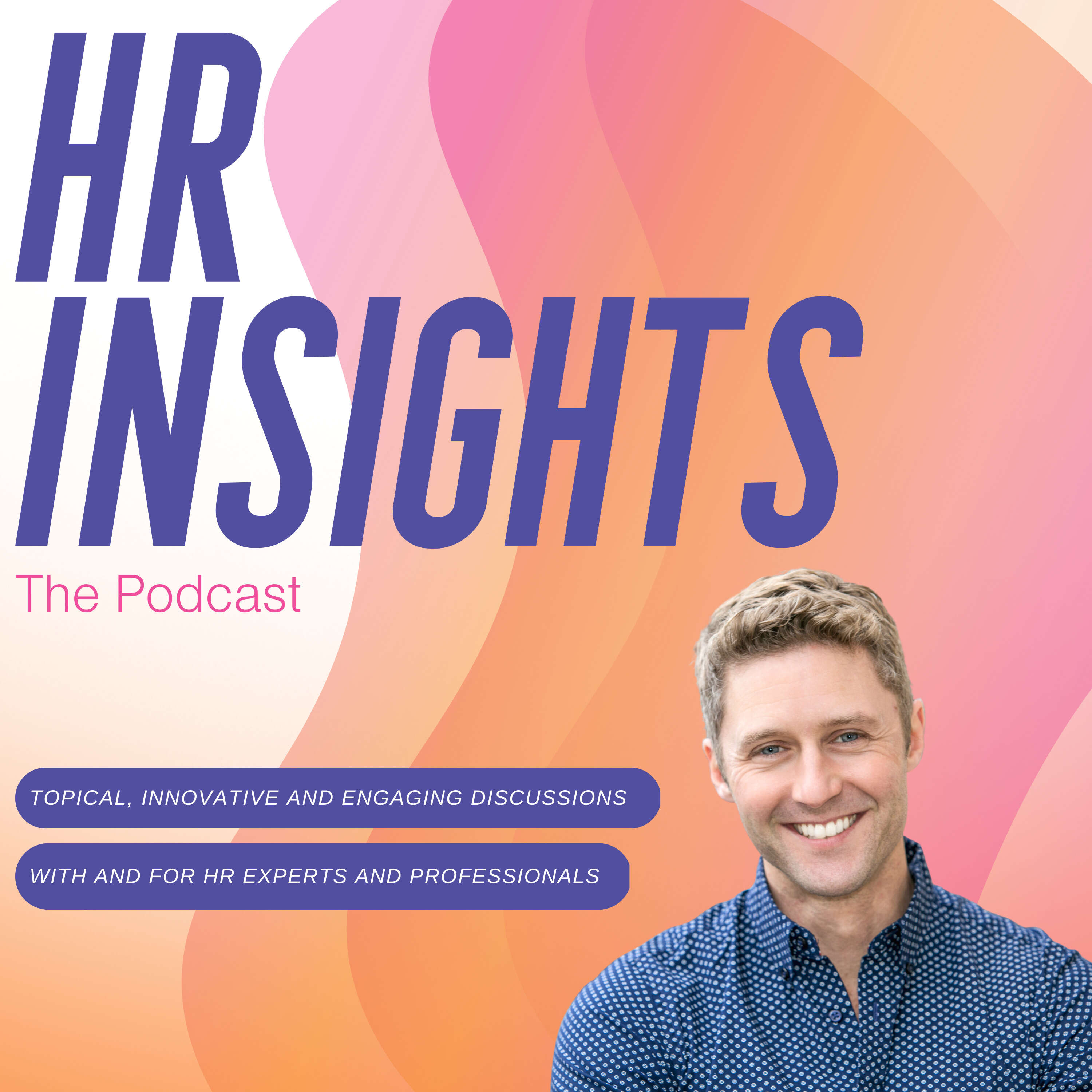- After-Shows
- Alternative
- Animals
- Animation
- Arts
- Astronomy
- Automotive
- Aviation
- Baseball
- Basketball
- Beauty
- Books
- Buddhism
- Business
- Careers
- Chemistry
- Christianity
- Climate
- Comedy
- Commentary
- Courses
- Crafts
- Cricket
- Cryptocurrency
- Culture
- Daily
- Design
- Documentary
- Drama
- Earth
- Education
- Entertainment
- Entrepreneurship
- Family
- Fantasy
- Fashion
- Fiction
- Film
- Fitness
- Food
- Football
- Games
- Garden
- Golf
- Government
- Health
- Hinduism
- History
- Hobbies
- Hockey
- Home
- How-To
- Improv
- Interviews
- Investing
- Islam
- Journals
- Judaism
- Kids
- Language
- Learning
- Leisure
- Life
- Management
- Manga
- Marketing
- Mathematics
- Medicine
- Mental
- Music
- Natural
- Nature
- News
- Non-Profit
- Nutrition
- Parenting
- Performing
- Personal
- Pets
- Philosophy
- Physics
- Places
- Politics
- Relationships
- Religion
- Reviews
- Role-Playing
- Rugby
- Running
- Science
- Self-Improvement
- Sexuality
- Soccer
- Social
- Society
- Spirituality
- Sports
- Stand-Up
- Stories
- Swimming
- TV
- Tabletop
- Technology
- Tennis
- Travel
- True Crime
- Episode-Games
- Visual
- Volleyball
- Weather
- Wilderness
- Wrestling
- Other
Series 5: Potential Over Pedigree: Skilling For Success
Stuart Elliott sits down with Louise Swaffield this week, Future Skills Talent Director at Fidelity International. Louise talks through Fidelity’s approach to mobility and development opportunities, the importance of upskilling and the advent of hiring based on skillset rather than qualifications. Louise Swaffield has worked in the HR world for over 20 years, beginning at Accenture working across a variety of global talent and HR roles, before taking on a brand new role at Fidelity International where she is leading efforts to embed a strategic skills framework across the organization. <br/><br/>In this episode, Stuart and Louise discuss the creation of a talent marketplace within Fidelity in order to maximize mobility, growth learning and development particularly within Financial Services. Louise also highlights the shift in hiring preferences to a more skill-based approach and the importance of enhancing proficiency to maintain an agile and successful career. <br/>Key Time Stamps:<br/>- 1:10 – Introduction into Louise Swaffield and her background<br/>- 10:00 – Fidelity’s approach to people mobility and development opportunities<br/>- 11:39 – What does the talent marketplace at Fidelity look like? <br/>- 15:50 – Fidelity’s talent strategies and accelerators reversing the trend of skill scarcity within Financial Services<br/>- 19:15 – Challenges that we’ll see going forwards in terms of advances in skills and work<br/>- 23:40 – The potential gender disparity of skill self promotion in Financial Services <br/>- 26:15 - Fidelity’s utilization and distribution of skills data within the organization<br/>- 28:18 – Are people starting to look more at the skills that they need for a job rather than qualifications?<br/>- 31:30 – Are Fidelity investing in the Learning Development of their people to make them have a broader skillset? <br/>- 32:30 – Fidelity’s focus in terms of future skills

